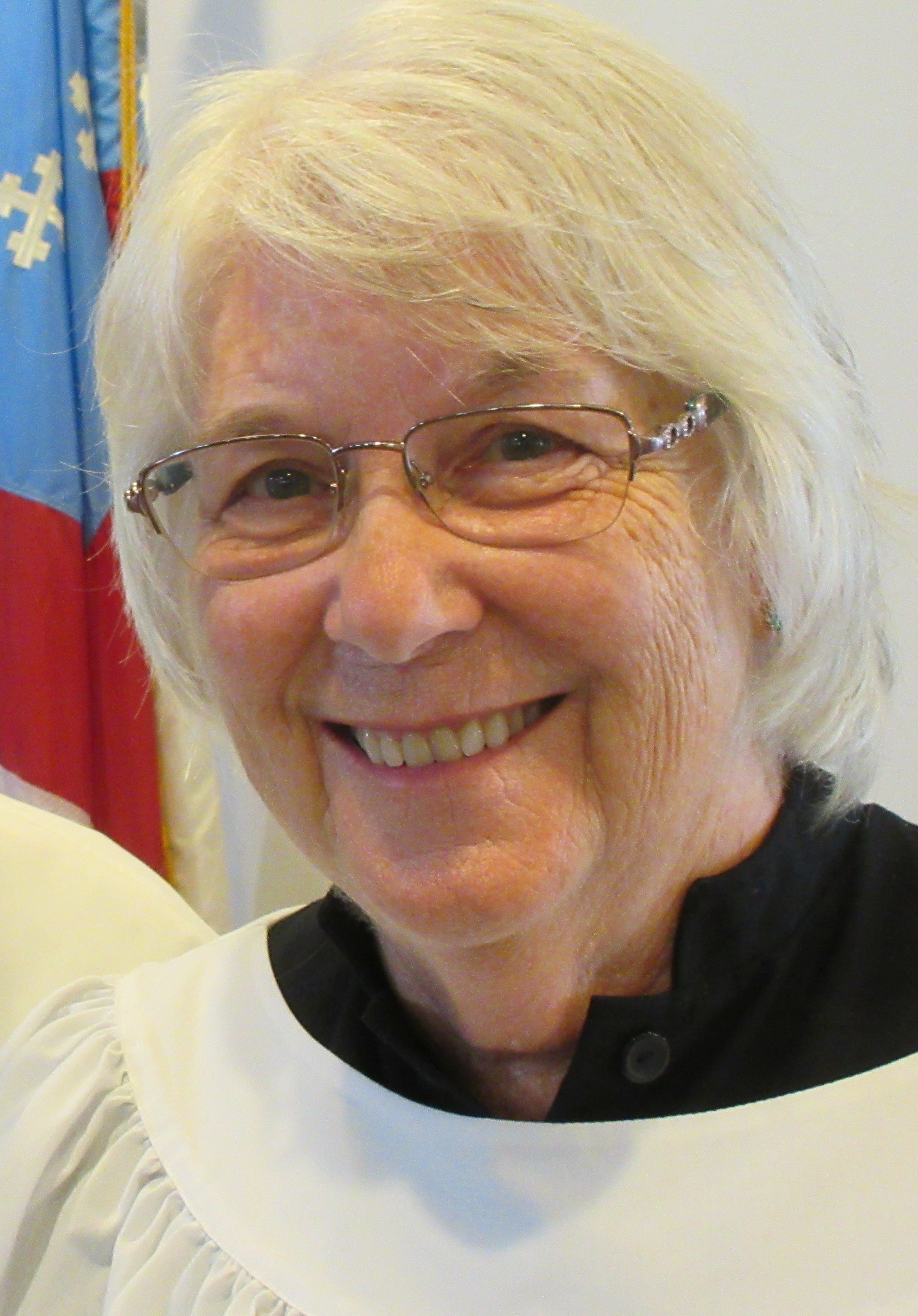The occupation has ended
Matthew 4:12-23

Sunday Sermon
Barbara Metcalfe
Licensed lay preacher
Jan. 26, 2020
I wonder if any of you are students of history? I’m not—I teach English. But I’ve picked up a few things over my long life, and one is that when there is a war or a conflict, the country that wins the war occupies the country that lost. I was a child during the American occupation of Japan, and as occupations go, it was a benevolent one—I recall that military families were urged to hire Japanese people and participate in charitable efforts to help them recover. But that’s the exception—most occupations are repressive and often even brutal.
It’s the celebration of the end of an occupation that prompted Isaiah’s beautiful words that we heard this morning—the words that were echoed in Matthew’s gospel. I had hopes of explaining just what was going on, but this is the best I can do. Isaiah was in Jerusalem, which is in Judah, the southern part of what we call the Holy Land, and it had been dominated by Israel, the larger northern part (which includes Zebulon and Naphtali) , because Israel had formed some alliances which Judah had not participated in. Somehow, under King Ahaz of Judah, Judah had achieved its independence. That’s what Isaiah is celebrating.. One source I read called it the Fourth of July for Judah.
But fast forward to the beginning of Jesus’ ministry in the passage we read from Matthew. They were experiencing one of the worst occupations in all history—the Roman empire. The cruelty of this regime has never been surpassed. It is amazing that God chose this time in history to send his son into the world.
At this time, Judah and Israel have been united, and the oppressed people of the Holy Land have responded to the preaching of John the Baptist, but he has now been arrested. Although Jesus lived in Nazareth, he traveled to the territory of Zebulun and Naphtali; he wanted to invoke the message of Isaiah’s words as he began his ministry. Jesus is the great light the people will see. This is the time of the dawn of that great light.
So he launches his ministry at this time and place. He calls for repentance; he selects four of his disciples, who willingly drop their fishing business and follow him, not knowing where he will lead, and he begins preaching, curing disease, and forgiving sins.
Matthew tells us that what had been spoken by Isaiah would be fulfilled. Many people at that time thought that Jesus would throw off the occupation of the Romans, and they were to be disappointed about that. But Jesus’s freedom from occupation was in a much greater sense. It was in our very souls.
Matthew tells us that what had been spoken by Isaiah would be fulfilled. Many people at that time thought that Jesus would throw off the occupation of the Romans, and they were to be disappointed about that. But Jesus’s freedom from occupation was in a much greater sense. It was in our very souls.
Jesus tells us that he frees us from all occupation—from the burdens of regret for mistakes we’ve made, attachments and habits that harm us, lingering anger and resentments, sins of all kinds—all those things that occupy us just as cruelly as a conquering army. He urges us to repent and be free of these things. This is the good news of the kingdom, for which we give our thanks today. The people who sat in darkness have seen a great light, and the kingdom of heaven has come near.
SUPPORT ST. PAUL'S DONATE NOW OR RECURRING DONATION

3901 Davis Blvd., Naples, Florida 34104 239-643-0197 Office hours 9 a.m. to 1 p.m. Monday-Friday


